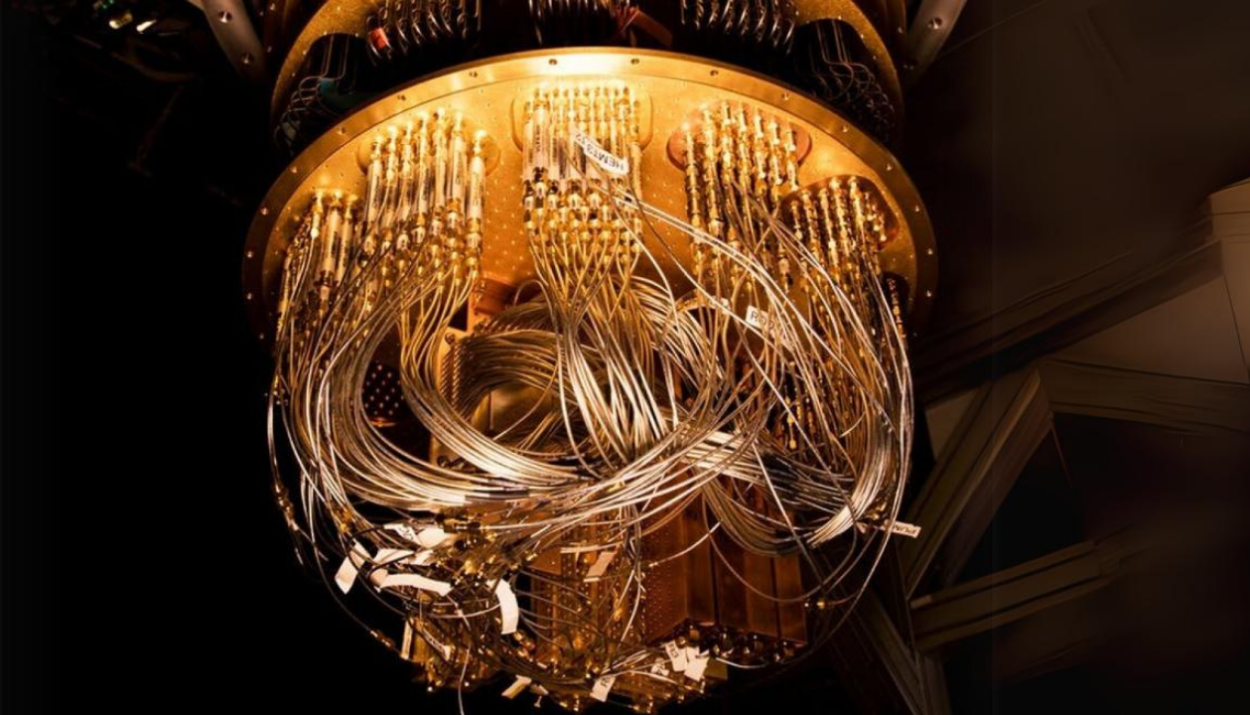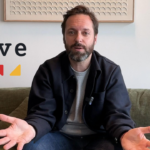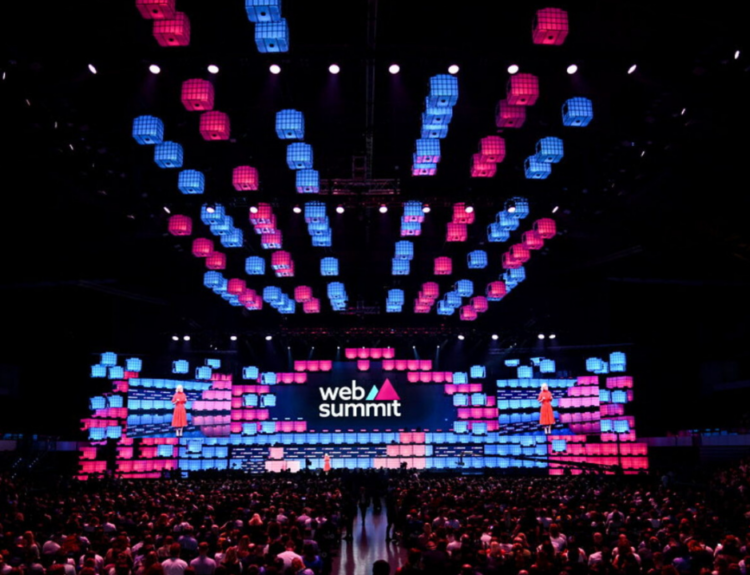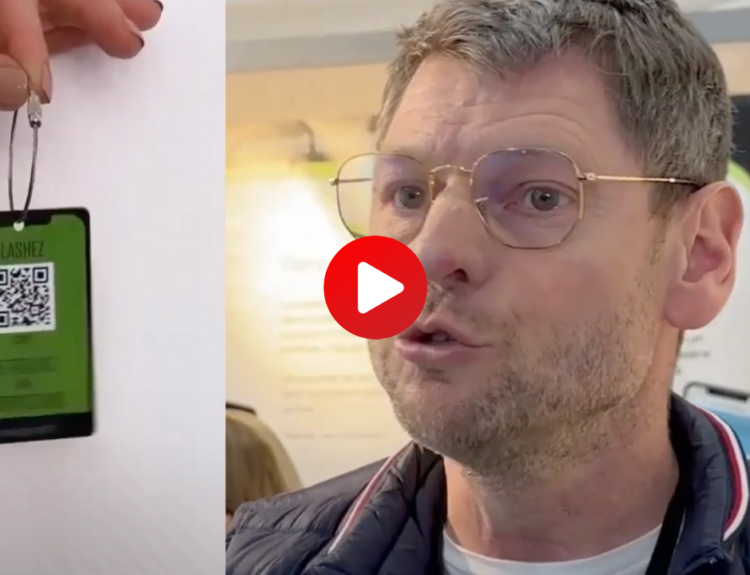France has taken a decisive step in the race for quantum computing thanks to the Ministry of the Armed Forces, which has put €500 million on the table and selected 5 French startups to create a universal quantum computer. This is the "Proqcima" project.
It is a young technology that woke up about 15 years ago with the promise of a considerable societal disruption. Thanks to its supercharged computing power, quantum computing will – for sure – make a spectacular leap forward in many areas: creation of drugs and medical research, development of new materials, dazzling acceleration of AI learning, definition of new financial or insurance models, optimization of cryptography…
To keep its promises, quantum computing requires the simultaneous use of a multitude of tools: new materials, processors in the design phase, light and mirrors, laser beams, increased vacuum (the same as on the moon!), cold… This is how we gain considerably in speed and the computer can no longer perform linear calculations like our current computers, but “superimposed” and complex calculations since here Bits are called “Qubits” and can be both 0 and 1..
Concretely, imagine a complex problem that the most powerful current supercomputer would take decades to solve, quantum computers will be able to accomplish this task in a few seconds.
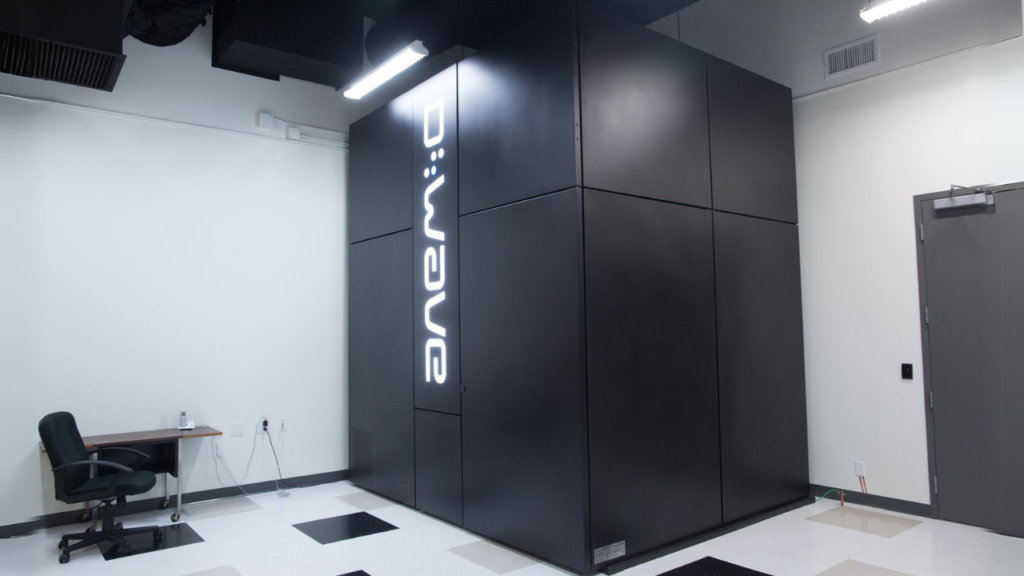
500 million euros for two prototypes
Mastering this construction technology is therefore a considerable, unavoidable challenge, on a scientific, economic and strategic level.
This is why France has developed the Proqcima program, launched last March by the Directorate General of Armament. With a budget of 500 million euros, this project aims to develop two French prototypes of universal quantum computers with 128 logical qubits by 2032.
5 startups competing for Excellence
In order to carry out this quest, the Digital Defense Agency (AND) has selected five cutting-edge French startups:
- Alice&Bob works on error-correcting computers,
- C12 develops processors using carbon nanotubes
- Pasqal focuses on neutral atom computers
- Quandela focuses on “full-stack optical” quantum computers.
- Quobly, finally, has chosen to bet on error-tolerant processors.
All these companies are winners of FrenchTech 2030. Among the first application tracks on which they were asked to work is obviously defense applications, a sector that consumes a lot of calculations. The DGA should also be one of the very first customers using this long-awaited gem.
Towards a new era of computing and innovation
The technological diversity of this selection is crucial because, as the DGA reminds us, " Nobody in the world knows today what the solution will be to move to industrial scale.", the ultimate goal. All avenues must therefore be explored.
The expected impact of this technology is comparable to that of the invention of the transistor (in 1947), with potential advances in the miniaturization and efficiency of computer systems.
A global race for scientific leadership
France is not alone in this race for quantum innovation. The competition is global, and giants like IBM and Google have been investing massively for over ten years in their own quantum technologies and already have prototypes and... their customers are already knocking on the door: NASA, governments, research centers...
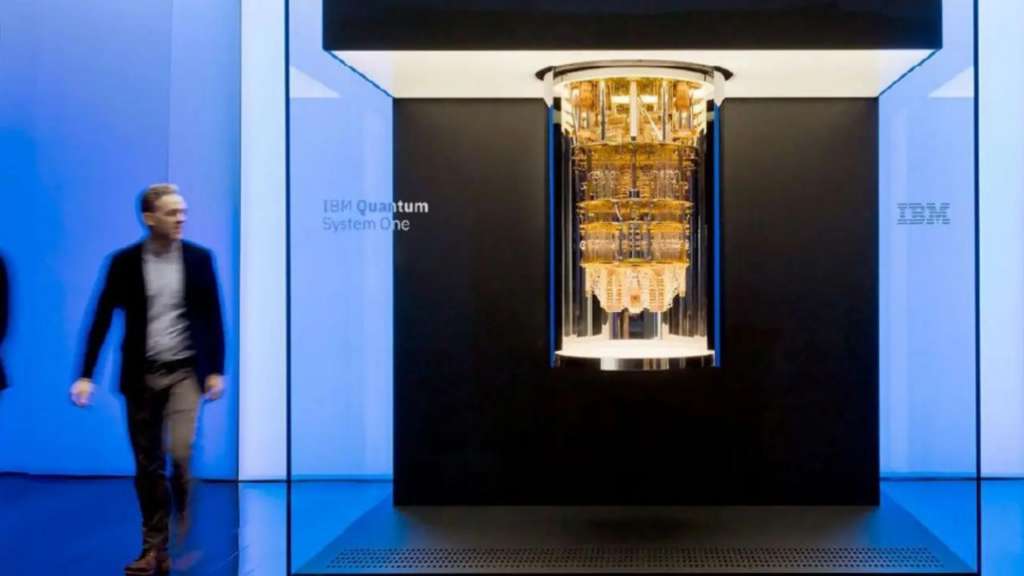
France, thanks to programs like Proqcima, with the support of the Ministry of the Armed Forces, has become aware of the need not to miss this technological scale. It also has strong and recognized scientific skills, such as, to name but one, those of the French Alain Aspect, Nobel Prize in Physics 2022, with the American John F. Clauser and the Austrian Anton Zeilinger, for their work on… quantum technologies.

